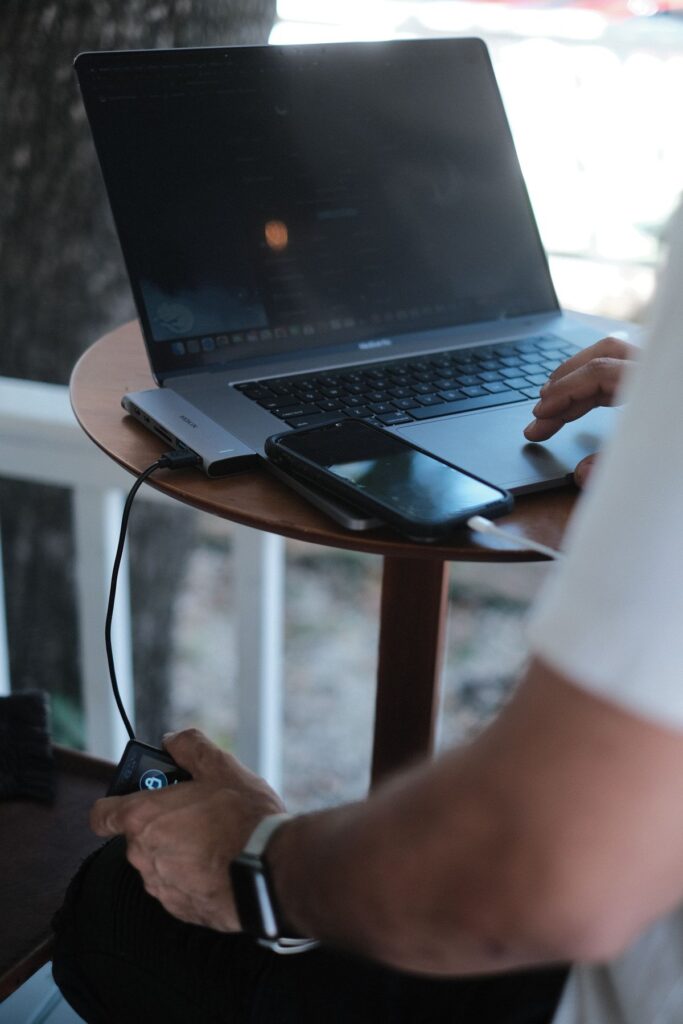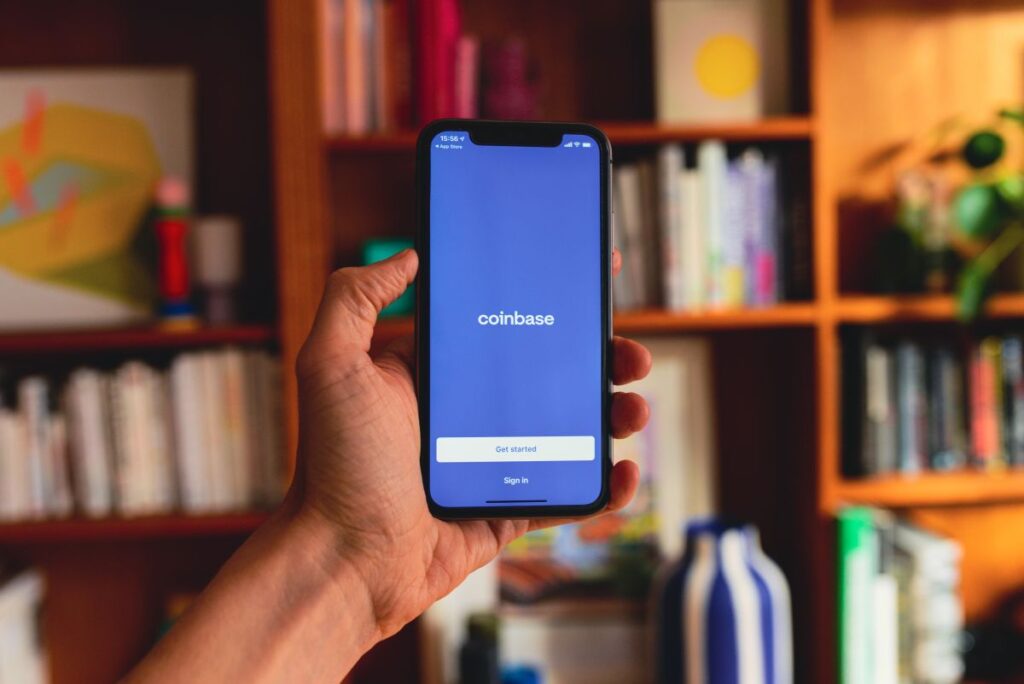Cryptocurrencies like Bitcoin and Ethereum would be nothing more than a pipe dream without crypto wallets. These wallets are required to store, send, and receive cryptocurrencies.
The principle of decentralization, in which central authority is absent from the network, and everyone has a fair playing field, is credited with the meteoric rise of cryptocurrencies. Cryptocurrencies and blockchain networks are built on open-source software. It has allowed the young business to benefit from decentralization’s benefits of transparency, immutability, and security.
If you are looking for more information on open crypto wallets, you have come to the right place. Also, if you want to create a crypto trading account, click on this go URL.
What is a Crypto Wallet?
A cryptocurrency wallet (also known as a crypto-wallet) is a safe digital currency wallet that may be used to store, send, and receive digital currencies such as Bitcoin. It’s a piece of software that stores private and public keys and interacts with different blockchains to let users transfer and receive digital currency and keep track of their balance. The public key in cryptocurrency wallets allows other wallets to send payments to the wallet’s address, whereas the private key allows bitcoin to be spent from the address.
How Do Crypto Wallets Function?

Source: unsplash.com
A bank account number is shown on every cryptocurrency wallet. To transfer funds from other users’ accounts to one’s account, the bank account number must currently be disclosed with other users. It can be shared with an employer in order to transfer a wage, with a customer in order to transfer payments due to us, or with anyone else to whom we choose to send money.
Anyone who transmits cryptocurrencies to another individual is transferring ownership of their money to the recipient’s wallet address. The receiver must have the private key that corresponds to the public address to which the currency is assigned in order to spend the coins. The balance of a digital wallet is enhanced when the private and public keys match.
In the realm of cryptocurrencies, all you have to do is provide someone with your wallet address if they want to send you money. No two wallet addresses are ever the same, just like in the real world; therefore, there’s no way for someone else to get your money. Furthermore, the number of wallet addresses you can create is unlimited.
It makes use of both upper and lowercase numbers and letters. Because most blockchains are transparent, it’s simple to figure out how much money a cryptocurrency wallet contains and what transactions its owner has performed in the past. The blockchain is referred to as ‘pseudonymous’ since a bitcoin wallet address does not expose the owner’s real-world identity.
Things To Know About Open-Source Crypto Wallets
1. Create Backup
One of the most important things to remember regarding open-source crypto wallets is to make a backup of your wallet. Keep a significant portion of your cryptocurrencies in a secure place, such as cold storage. Hot wallets are useful for holding small amounts of cryptocurrency that can then be used for transactions. Offline storage solutions may be able to assist you in backup your hot wallets and restoring lost wallets.
2. Choose The Wallet That Is Secure
Store only tiny quantities of currency for regular use online, on your computer, or on your phone, and keep the majority of your money in a secure area. For backup, choose cold or offline storage options. Options like paper or USB will shield you from computer failures and allow you to recover. To guarantee that all new enhancements are taken into account, the program must be updated on a regular basis. To permit transactions and withdrawals, more layers of protection are required; therefore, long and sophisticated passwords must be set. Finally, wallets with a solid reputation and the ability to employ two-factor authentication should be used.
3. They Are Not Anonymous
Wallets for cryptocurrencies are not private. In the form of the public key, they assign you a pseudonym. The behavior of this public key can be tracked, and a trade-in traditional currency can be used to link that public key (and all of its activity) to you. Even if you decline to withdraw money in US dollars, your wallet activity can be traced back to you. With crypto, you maintain your digital identity.
Some wallets include techniques to keep you anonymous, such as a public key that changes with each transaction, further data encryption, and transaction-specific VPNs. When utilizing these wallets, you also don’t have to disclose any personal data. Even yet, complete anonymity is almost impossible to achieve. You’ll eventually be asked for personal information, such as your personal bank account number or something else.
4. Technologies Used

Source: unsplash.com
Open source wallets allow third parties to review their whole code, ensuring that if anything goes wrong, it will be publicly publicized; traditionally, cryptocurrency consumers have felt less secure when using wallets with proprietary code since they can’t see what’s going on behind the scenes. Many new wallets are problematic and not yet ready for widespread adoption.
You’ll also want to know where your private key is kept — do you have it, or does it reside on their server? The second option is riskier than the first. Do they, of course, utilize two-factor authentication?
5. Supports Multiple Cryptocurrency
Many wallets and exchanges will allow you to operate with a variety of cryptocurrencies from the comfort of your own home. We recommend that you familiarize yourself with which cryptocurrencies an exchange supports before verifying your account or opening a new wallet. Certain wallets are designed just for a single cryptocurrency, while some exchanges will only accept mainstream cryptocurrencies.
Conclusion
Crypto wallets that are open source and free are helping to make cryptocurrencies more accessible to the general public. Always do your due diligence to preserve your security before utilizing any digital currency software wallet, and follow best practices for financial security.



